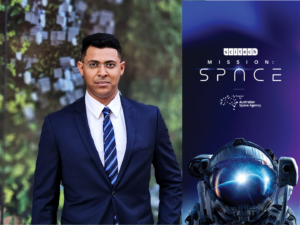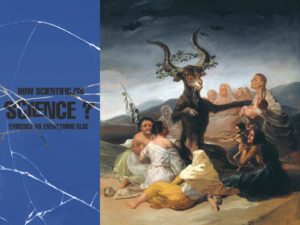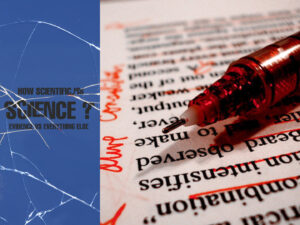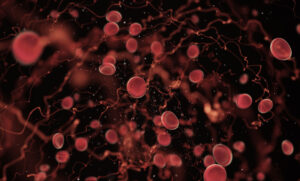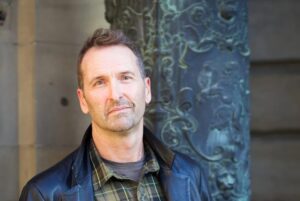If Carrie Bradshaw was a science writer, she’d ponder things like the evolutionary purpose behind romantic jealousy.
So just in time for Valentine’s Day, let’s do a deep dive into one of our least favourite emotions.
What is jealousy?
Jealousy is a complex emotion involving feelings of insecurity, fear, anger, anxiety or resentment.
Dr Gery Karantzas is an Associate Professor at the School of Psychology at Deakin University, where he’s also the Director of the Science of Adult Relationships Lab.
“Researchers define jealousy as a threat to the relationship that comes from some kind of rival or external source,” says Gery.
Usually that rival is another person, says Gery, but jealousy can be directed at almost anything – real or perceived.
For example, we might feel jealous of our partner’s job taking up all their time or of a hobby we feel is taking a family member’s attention away from us.
And jealousy isn’t limited to humans – even man’s best friend isn’t immune.
Where does it come from?
So if every man, woman and even their dog can experience jealousy, what purpose does it serve?
“Jealousy itself is mostly thought of as being made up by a series of negative emotions around anger, sadness and fear,” says Gery.
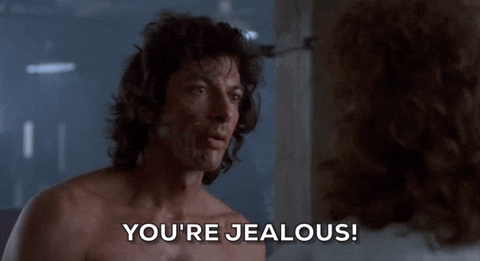
“And what we know is that these kinds of emotions have an important function in terms of protecting the self and, in this instance, protecting the relationship.”
The anger makes us want to jump in and deal with the threat, while the anxiety makes us monitor what’s going on around us to keep us safe.
“In this instance, the thing that you’re monitoring is that your partner is not defaulting on the relationship,” says Gery.
Your attention please!
Jealousy isn’t an enjoyable feeling, so we often try to ignore or avoid it when it comes up. But this is the opposite of what we should be doing if we want to deal with it long term.
Ignoring it, says Gery, won’t make it go away and can even make it worse. Until we’ve dealt with it, jealousy will keep coming back. And until the underlying issue has been resolved, it can take a lot of our energy to try to keep it at bay.
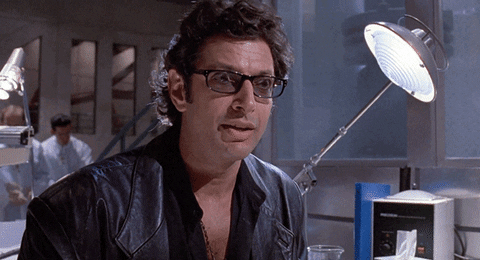
Slaying the green-eyed monster
When Gery talks about overcoming jealousy, he doesn’t mean getting angry or doing something rash.
“Jealousy is telling us something isn’t quite right,” says Gery. This could be something going on with us, with our partner or both.
The best way to overcome jealousy is to reflect on what it’s calling our attention to – and address it.
“Ask yourself why you are feeling jealous,” says Gery. “Typically, jealousy is the presenting issue of something that’s more underlying.”
“How are you interpreting the situation? What are the triggers for you that are activating you to feel this jealousy?”
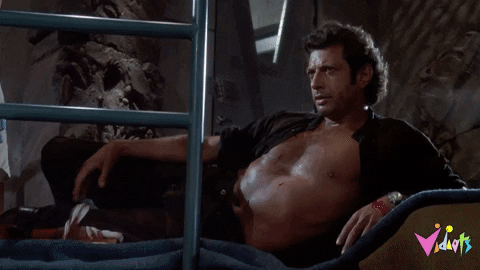
For example, has a past relationship made you fear abandonment? Think of jealousy as the tip of the iceberg and examine what lies beneath.
Consider your partner’s behaviour. Are they acting in ways that break the agreements of your relationship? What is the threat that you’re feeling to your relationship?
If this feels too daunting to do by yourself, you should speak with a trusted third party, says Gery. You could talk to a friend who won’t just tell you what you want to hear or even a therapist if you feel jealousy is really becoming a problem in your relationship.
Once you’ve brought awareness to the underlying cause, you’ll have a clearer understanding of yourself and your relationship – and less feelings of jealousy.




